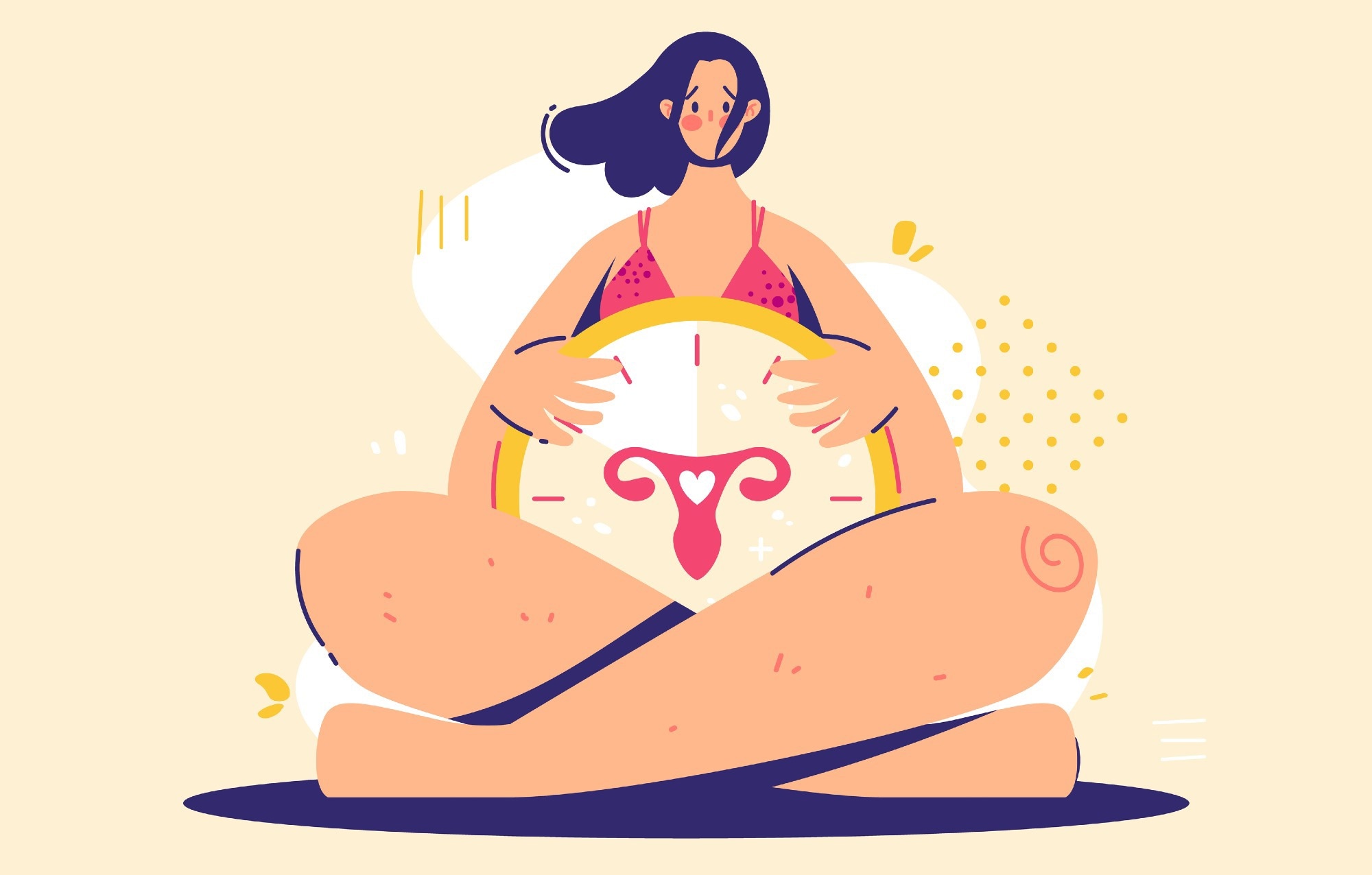Researchers report that masturbation may offer an effective and underused strategy for relieving common menopause symptoms, with many women open to it when supported by clinical guidance.

Study: The role of masturbation in relieving symptoms associated with menopause. Image Credit: frizenasya / Shutterstock
In a recent study published in the journal Menopause, researchers examined whether masturbation helps relieve common symptoms during the menopausal transition and beyond, and if it is more effective than other strategies. Their findings indicate that one in five women noticed significant symptom relief from masturbation, rating it highly for easing sleep problems and mood changes. Because strategy effectiveness was rated only by participants who had actually used each method, masturbation was evaluated among users as one of the highest-rated relief approaches. Nearly half of the respondents said that, if recommended by a doctor, they would consider using it for symptom relief, with a significant difference between perimenopausal (57%) and postmenopausal (40%) women.
Growing Attention to Menopause and Gaps in Clinical Support
Public awareness of menopause has increased as major media outlets highlight its symptoms, treatments, and the lack of adequate medical training on menopause care. Many clinicians report feeling unprepared to support patients, partly because menopause has long been understudied and culturally stigmatized. This neglect extends even to aging research, where menopause is rarely considered. Yet perimenopause and menopause commonly involve symptoms that many women find disruptive, affecting everyday functioning, quality of life, and work performance. Given longer working lives, effective symptom relief is becoming increasingly important.
Limited Utilization of Hormone Therapy Drives Need for Alternatives
Hormone therapy remains the standard treatment, but is used infrequently due to safety concerns, historical misinterpretations of earlier research, contraindications, and lingering patient and clinician hesitation. This underscores the need for accessible, low-risk, evidence-based options for symptom relief. Masturbation may be one such option. Prior research suggests it can improve sleep, enhance mood, support genital health, and reduce certain types of pain, domains commonly affected during menopause. Because these symptoms often interact, masturbation could offer both direct and indirect relief.
Survey Design Capturing Symptom Relief and User Experiences
Respondents were asked through online surveys if they had noticed improvements in menopause symptoms after masturbation, how commonly they used it compared to other strategies, how effective they found it compared to other approaches, and whether they would be willing to use it for symptom relief if a doctor recommended it. Women aged 40-65 were recruited through opt-in panels, using census-aligned quotas to form a demographically representative American sample. Of 1,500 respondents, 1,178 perimenopausal or postmenopausal women were included in the analyses; inattentive respondents were excluded.
Measurement of Strategies, Sexual Behaviors, and Specific Symptoms
Participants provided demographic information, menopause status, sexual attitudes and behaviors, and use of 15 symptom-management strategies (including masturbation, antidepressants, and exercise). For each selected strategy, they rated its helpfulness, meaning the ratings reflected experiences only among users of that method. They also indicated whether masturbation improved specific symptoms such as sleep difficulties, mood changes, or genital pain and rated the extent of improvement.
Content Analysis Highlighting Mood, Sleep, and Lubrication Benefits
Open-ended responses describing masturbation’s effects were analyzed through two rounds of content coding to categorize perceived benefits including improved mood, enhanced sleep, better lubrication, pain relief, and in some cases reduced hot flashes or increased sexual desire. The authors also noted barriers such as physical limitations, chronic pain, or moral concerns, which influenced women’s ability or willingness to use masturbation as a symptom-management strategy. Quantitative analyses used descriptive statistics, chi-square tests, and nonparametric comparisons between perimenopausal and postmenopausal women.
Frequency of Use and Symptom Relief Patterns Across Menopause Stages
Nearly half of the participants began masturbating during adolescence, although many postmenopausal women started later or never masturbated, reflecting generational differences. In the past year, 61% of women had masturbated, with perimenopausal women doing so more often. Among those with prior masturbation experience, about one in five reported that it influenced their menopause symptoms, typically improving them, while a few reported worsening.
Across the sample, common management strategies included exercise, stress reduction, and healthy eating. About 13.5% of perimenopausal women and 9.7% of postmenopausal women used masturbation for symptom relief. Partnered sex was evaluated separately and used slightly less often. Sexual strategies, although less frequently used, were rated among the most effective by those employing them.
Psychological improvements were more commonly noted by perimenopausal women, whereas sleep improvements (falling asleep and staying asleep) were more prominent among postmenopausal women. Some reported reduced headaches or improved sexual pleasure, though many, especially postmenopausal women, reported no noticeable effects.
Women rarely discussed masturbation with clinicians, yet many said they would consider using it more often if informed it could help or if recommended by a healthcare professional. Exploratory findings suggested that symptom worsening was more likely among women reporting poorer health or greater orgasm difficulty since entering perimenopause or postmenopause.
Potential of Masturbation as an Underused Relief Strategy
Masturbation may provide meaningful relief for a subset of women, but many do not recognize these benefits or do not associate certain symptoms with menopause. Despite its perceived effectiveness, masturbation was far less commonly used than lifestyle strategies, suggesting it is an underutilized option. A small minority reported symptom worsening, potentially reflecting underlying health issues or increased orgasm difficulty during menopause. Doctor–patient communication on masturbation and menopause remained limited, highlighting persistent stigma.
Key strengths of the study include a large sample and a detailed assessment of symptoms and strategies. Limitations include reliance on self-reported data, potential selection bias, and the inability to infer causality. Controlled trials will be needed to determine causal effects on specific symptoms. The authors argue that normalizing discussions about sexual self-care may help reduce stigma and increase awareness of masturbation as an accessible, low-risk strategy for symptom management during menopause.
Journal reference:
- Lehmiller, J.J., Graham, C.A., Ferrall, L., Mendelson, E.A., Prine, M.S. (2025). The role of masturbation in relieving symptoms associated with menopause. Menopause. DOI: 10.1097/GME.0000000000002675, https://journals.lww.com/menopausejournal/fulltext/9900/the_role_of_masturbation_in_relieving_symptoms.554.aspx